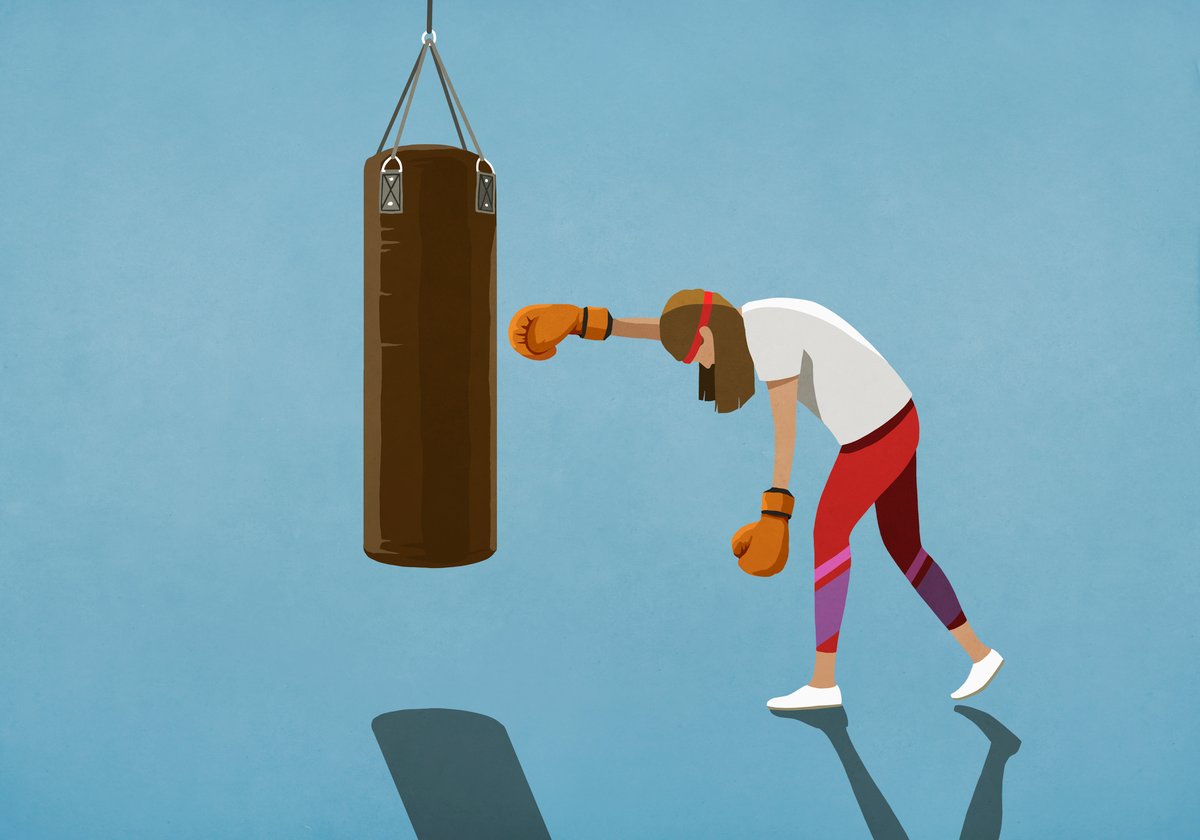
The fitness game can be fickle. For many reasons. But mostly because it's so easy to fall out of a routine.
See: Most of us at the beginning of February.
If you're anything like us, you'll go hard for a little bit (every January, ever) before you end up falling away from it and suddenly... end up feeling like you're back to square one.
Sigh.
Watch: If you feel like you need a giggle (always), here are the horoscopes working out. Find yours! Post continues below.
Because we all know that while regularly moving your body is key to a healthy heart, mind, mobility, yada, yada, yada - ditching exercise for weeks or months can reverse many of those benefits.
That's not to say you can't take rest days - nah. That kind of stuff is important - and can really help you reset your mentality around exercising.
But! Extended periods of inactivity, and taking away all the wonderful benefits of exercise, can have an impact on your body in various ways from your cardiovascular system to your muscle strength.
So, with this in mind - if you've neglected your fitness routine for a while, how long it takes to get fit again? Is it possible to get back to where you once were without starting all over again??